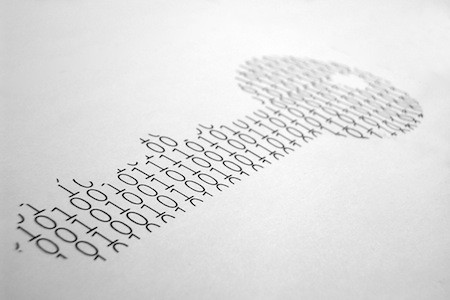by Jon Fisher (@jmfisher)
Summer days used to mean scraped knees from wiping out on a bicycle or not heeding a lifeguards warning about no running around the swimming pool. These days? My fear of getting scraped is no longer from a reckless streak or summer sports; Like others sharing personal and health information online, Ive become wary of data scraping.
The market for personal data about Internet users is large and growing. Professional scrapers track peoples activities; harvest that information, and then sell the details about their behavior and personal interests – usually without people even knowing it is happening. Data brokers have traditionally scoured public records for information, but social networks are becoming the new public records.
Recently, the online forum PatientsLikeMe noticed suspicious activity on one of its message boards. Sure enough, a member began scraping patient data, violating the sites terms of service in the process.
On forums such as PatientsLikeMe, where people discuss experiences with AIDS, Multiple Sclerosis, depression, post-traumatic stress disorder, cancer, and other medical conditions, there is an expectation of privacy and being able to share freely. Behind the safety of anonymity, people willingly share details of their disease and treatment or read about other patients similar experiences in a quest for knowledge or alternative approaches.
Some members use a pseudonym on online message boards, but thats proven to offer little protection in ensuring privacy. In the case of one PatientsLikeMe participant, his fictitious identity linked to his blog, which contains his real name.
Weve grown comfortable participating in online communities, but the ¢‚ǨÀúnet should come with a Miranda warning: Everything you write can and will be used against you. PatientsLikeMe does sell data about its users, but the data it sells has no names attached. However, technology is available that matches people’s real names to the pseudonyms they use on blogs, Twitter and other social networks. Once medical records are electronic, the chances of even more personal information becoming available increases.
There are a few things you can do to make it difficult for others to use your information without permission:
*Most browsers have sophisticated privacy features. Upgrade to the most current version for maximum protection and consider browsing in “privacy mode or incognito mode.
*Monitor privacy settings on sites such as Facebook and Twitter and choose the strictest setting.
* Check for privacy policy updates on sites you visit regularly. While the site may have protections in place, your data may also be tracked via third-party entities as well. Check and delete all cookies on a regular basis, and block third-party cookies.
Some may say its paranoia to be worried about how your data will be used, but when it comes to online activity, having a healthy dose of paranoia is critical for protecting privacy.
